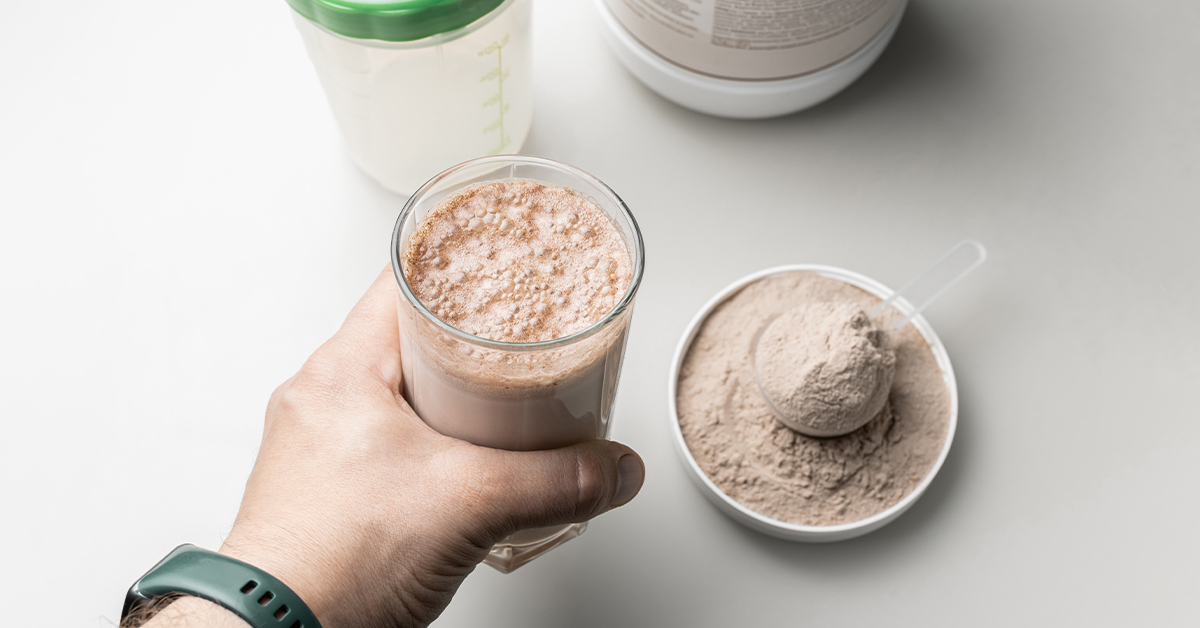THE SOLUTION TO THE PROBLEM OF CHONDROPATHY
Managing chondropathy !

Proteins are molecules that serve as the building blocks of the human body. All proteins are large chains of amino acids. These amino acids are linked together in chains ranging from hundreds to thousands, forming proteins. However, there are only twenty amino acids that make up all proteins in the human body.
Daily Protein Intake:
The recommended daily protein intake for individuals who follow a sedentary lifestyle is 0.8 grams of protein per kilogram of body weight. This recommendation applies to healthy individuals who do not have any risk factors, such as kidney disease.
Protein requirements vary based on several factors, with the most important being an individual’s level of physical activity.
How Does Adequate Protein Intake Support Our Exercise Routine?
Therefore, individuals who exercise have higher protein needs compared to those who lead a sedentary lifestyle. Factors such as the type, duration, and intensity of exercise, age, and personal goals all influence protein intake.
For active individuals, the recommended daily protein intake is 1.4-2.0 grams per kilogram of body weight. These recommendations apply to those engaging in resistance exercises as well as endurance training.
Adequate protein intake is especially important for endurance exercises, as it helps reduce muscle breakdown and the muscle soreness that occurs. Additionally, it supports the increased synthesis of glycogen, the fuel the body needs for endurance exercises.
Regardless of the type of exercise, it’s beneficial to distribute protein intake throughout the day. Studies show that consuming 20-40 grams of protein just before or after a workout can enhance muscle synthesis.
It is also crucial to consume essential amino acids,amino acids that the body cannot synthesize on its own.
Animal-based foods, such as beef, eggs, dairy products, and poultry, provide all the essential amino acids. Therefore, the protein from these sources is considered of high biological value. On the other hand, protein from plant-based foods like legumes and grains is of lower biological value, as they don’t contain large quantities of certain essential amino acids.
However, even a plant-based diet focused on muscle growth can be effective if there is a well-planned nutrition strategy in place. Consuming protein above the recommended intake does not appear to offer additional benefits for recovery, muscle mass growth, or performance.
Conclusion: Exercise demands higher protein intake to maximize the benefits of physical activity and meet the increased needs of the body.
To achieve optimal protein intake, choose a variety of foods and combine them appropriately for the best results.

Article Writer for the infomational blog of votanotherapeia.gr
